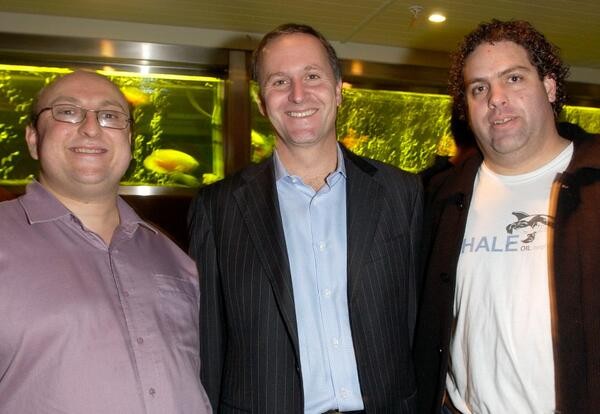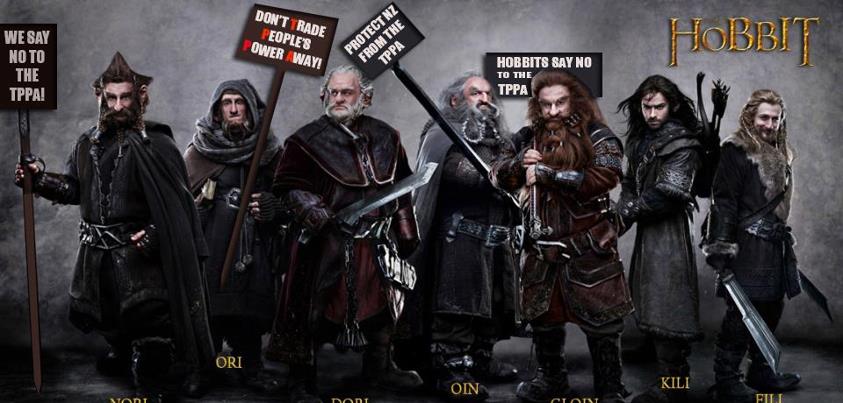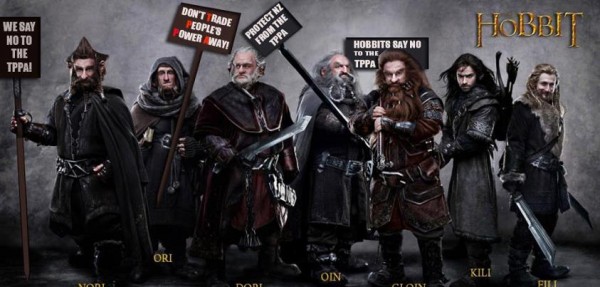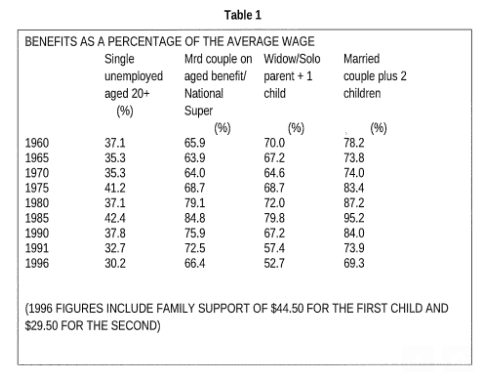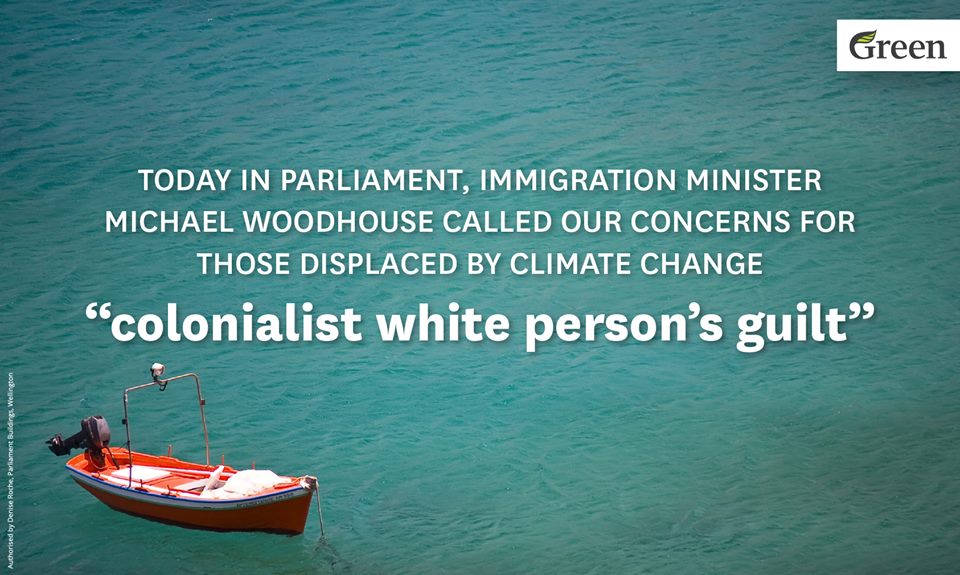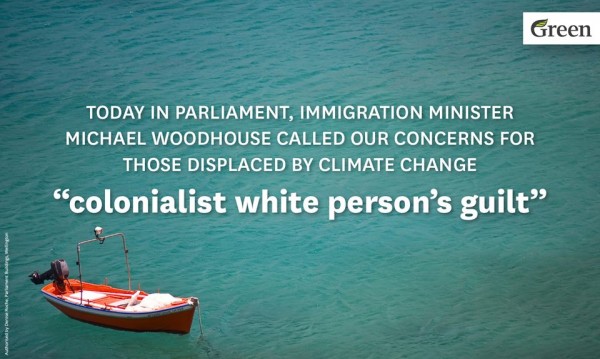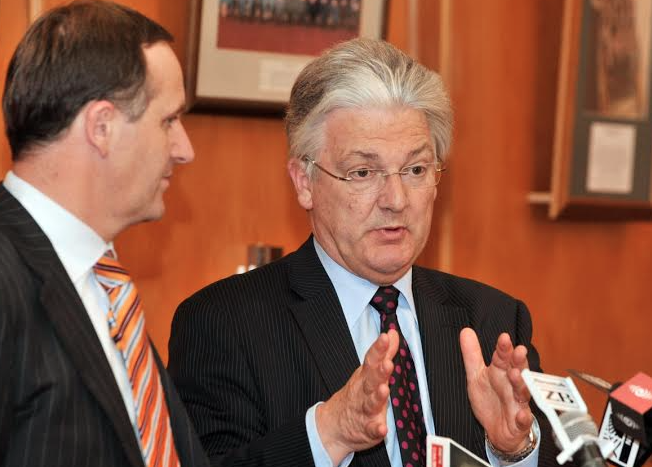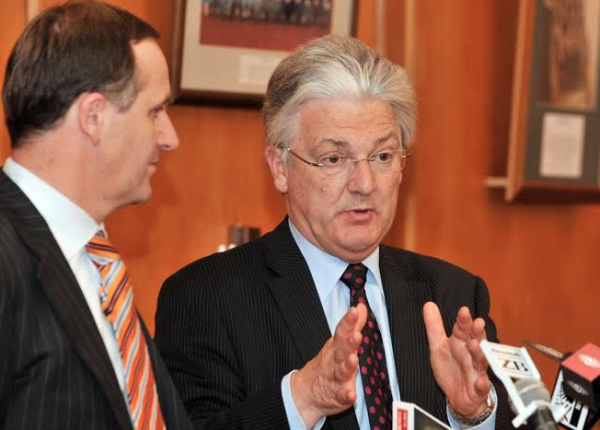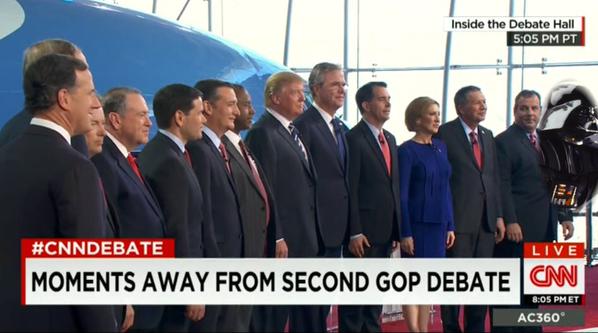The Desperate Journeys that so many Syrians – and others – are making across Europe reveal the shallowness of western thought about global human realities. The semantic distinctions between the words ‘refugee’ and ‘migrant’ allegedly determine whether we should be compassionate or cruel towards people whose main misfortune was to have been born in the wrong places at the wrong times.
The reality of course is that many refugees are migrants and most migrants are refugees. The exceptions are: people in a place of refuge waiting patiently for the situation they are escaping from to end, so that they can go back home (pure refugees); and people, like many young New Zealanders, who go on an extended Overseas Experience more as an adventure than with the intent to reject their tūrangawaewae.
I was one of the latter in the 1970s. I left New Zealand for the United Kingdom in 1974 when economic conditions were better in New Zealand, and I left the United Kingdom for New Zealand when economic conditions were better in the United Kingdom. Before my return to New Zealand in 1978 I met many New Zealanders who claimed to have left “because of Muldoon”. If true, these people were Muldoon refugees. No lover of Muldoon myself – although I do understand both the man and the times better now than I did then – I returned to New Zealand despite Muldoon. My journey in Africa on the way home was a highlight of my life.
For most migrants – as we understand the term – there are three factors at play: a push factor, a pull factor, and a cost factor. The suggestion that the present well-publicised refugee migrants are pure refugees is a case of political correctness, and denies that these people have a specific destination. Yet, when asked, each migrant invariably indicates that they do have a specific destination – usually a particular city, and certainly not always in Germany. To them the thought of being allocated by quota, like cattle, to some destination determined by ‘compassionate’ European bureaucrats is almost as appalling as the more viscerally malign machinations of Victor Orbán.
We know well enough the multiple and substantial push factors driving Syrian emigration. The mere existence of push factors makes a migrant a refugee. We are also learning quickly about the supply of emigration services, seemingly an important part of the Southeast European economy. We simplify this market by dismissing it as ‘smuggling’, but it’s a much more complex web of services than what is presented as petty trafficking.
Emigration services are profitable in Southeast Europe, so the supply of such services has increased, exactly as would be predicted in Economics 101. The result is that the prices in these increasingly competitive markets are coming down, giving more emigrants access to these services. The economic history of migration shows that, given the presence of push and pull factors, falling costs associated with the migration process become the critical determinant of the number of migrants.
So the push factors are there, in abundance. The market has responded to the opportunities arising, resulting in falling costs and increases in ‘quantity demanded’, meaning more people in refuges choose to make the break from refugee to migrant.
What are the pull factors? Essentially there are two: income-earning opportunities, and communities formed by preceding migrants. Historically – whether the migrations to Aotearoa, or Hitler’s lebensraum – income-earning opportunities have mostly been about the possession of land. In the twenty-first century, however, it’s much more about employment opportunities.
But it’s also about public equity. The concept of public equity is essential to a proper understanding of economic issues, but is missing from the standard economic toolbox. Needless to say, it is obvious to all that there is a reason why average incomes in Germany are higher than in Hungary, Serbia, Greece, Turkey and Syria. Germany is a richer country because it has a suite of collective resources that allow wages, for example, to be higher than in most other countries. Economists will say that Germany has higher productivity, but leave us to infer that the sources of that higher productivity are essentially public; a mix of infrastructure and institutions. Social capital, broadly defined.
Germany not only has more employment opportunities, but also has more public equity. Merely to be a German permanent resident entitles a person to a higher disposable income than being a resident of Hungary, Serbia, Greece, Turkey or Syria.
The German magnet is essentially threefold – more job opportunities, more public equity, and more established immigrant communities that can support chain migration.
The global spread of social capital is a slow process that is countered by the growth of what might be called social anti-capital. Syria is riven by social anti-capital. Turkey likewise is host to increasing social conflict, caused only in small part by Syrian refugees.
Germany is not simply a (quite) generous victim of trans-European human jetsam. It has experienced an economic miracle in the years after 1950. So it enjoys a disproportionately high share of the world’s economic benefits; a disproportionate share of the world’s consumable goods and services. The problem is that it also hogs – for itself – a disproportionate share of the world’s economic costs.
Economic costs can be surmised in two words – ‘labour’ and ‘exports’. Both of these are costs which too many of us – and Germans more than most – think of as benefits. Germany needs to delegate more of its costs; it needs to let others do the work. And Germany needs to import more than it exports. A country with dangerously high trade surpluses, it needs to invest in the productive capacity of deficit countries like Greece and Turkey, so that workers resident in these countries can labour to produce more of the goods that German consumers enjoy.
This approach would mean that not only Greeks and Turks can find income-earning opportunities in their own countries, but that people requiring refuge in Greece and Turkey can find opportunities to strengthen their host countries through work in their export sectors. Further, this is the process whereby social capital builds these countries, eventually allowing them to enjoy levels of productivity comparable to those found in Germany. Indeed refugee workers in Turkey and Greece would imbibe much of that accumulating social capital, taking it with them when they eventually return to their homelands.
Once we properly understand that labour is a cost, not a benefit, then people in and from poor countries can incur those costs, making goods some of which will be exported to rich countries, allowing the rich countries to produce less while still being rich. Through the increased employment of poor people in or near to their homelands, others, in the rich world, can benefit by working less.
German savings are assuredly being invested in the profitable emigration industries in Southeast Europe and Turkey. German savings could be invested instead in the production of tradable goods in Southeast Europe and Turkey, with Germans themselves benefitting through working substantially less. This can only happen if Germans become less reliant on wages and salaries, and properly acknowledge their high levels of public equity.
Germans can pay their residents more in the form of public equity dividends, and devolve much of their present industry to the European periphery. Likewise, countries on the European periphery (like Turkey and Greece) can choose to support refugees by employing them, and paying their own residents public equity benefits in lieu of reduced labour requirements. Turkey (as the Ottoman Empire) employed huge numbers of Syrians to fight at Gallipoli 100 years ago. If enabled by the likes of Germany to run trade surpluses, Turkey can employ its Syrian guests once again in large numbers. (Even German government aid to these countries for such purposes would be a form of investment. The return on that investment would be the stemming of the migrant flows and the offsetting of the region’s destabilising financial imbalances.)
The refugee migrants that we see on our TV screens – and the many more that we do not see – want just three things: peace, a source of income, and a community to belong to. For many, only Germany offers all three. It need not be so.








